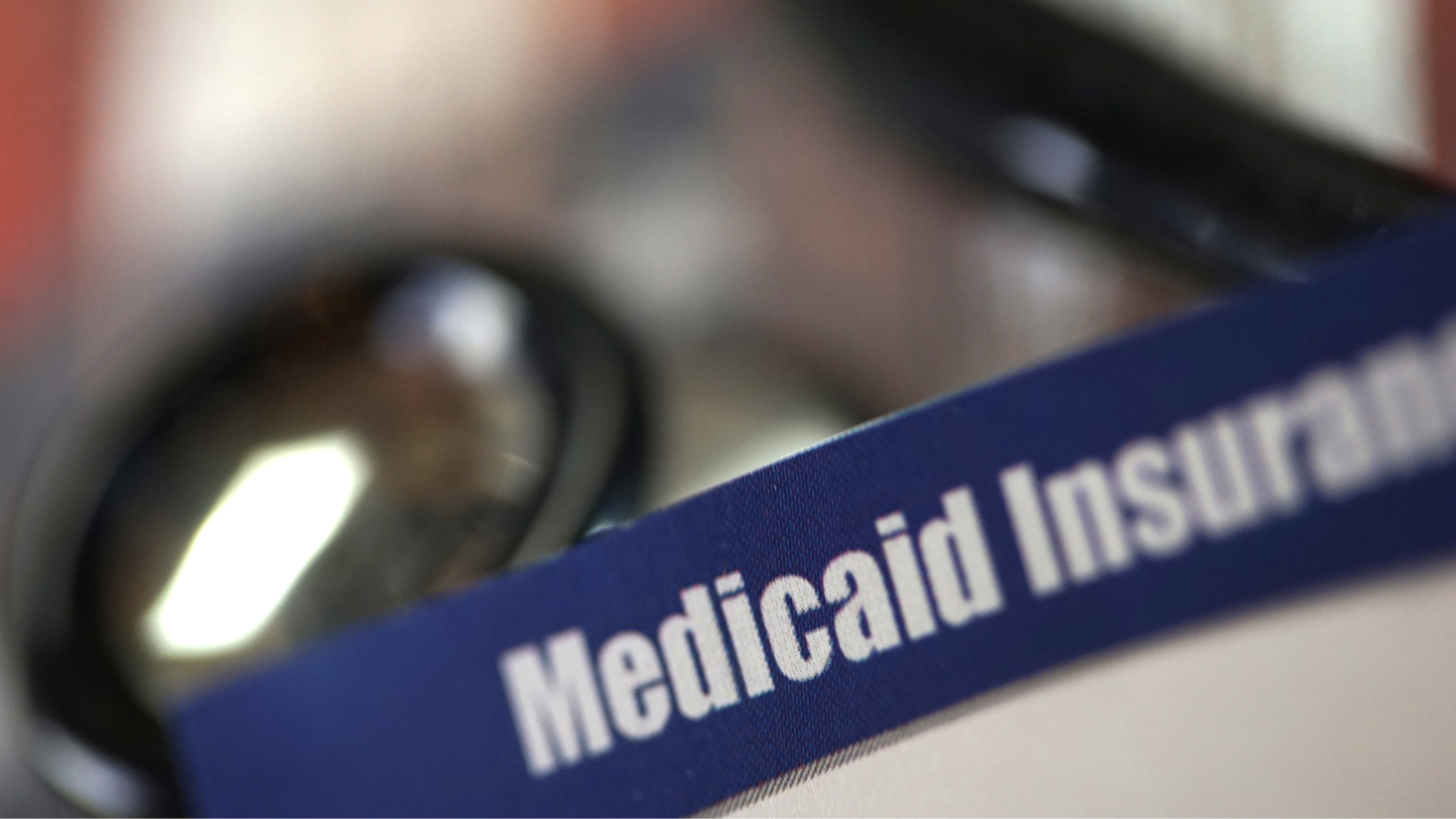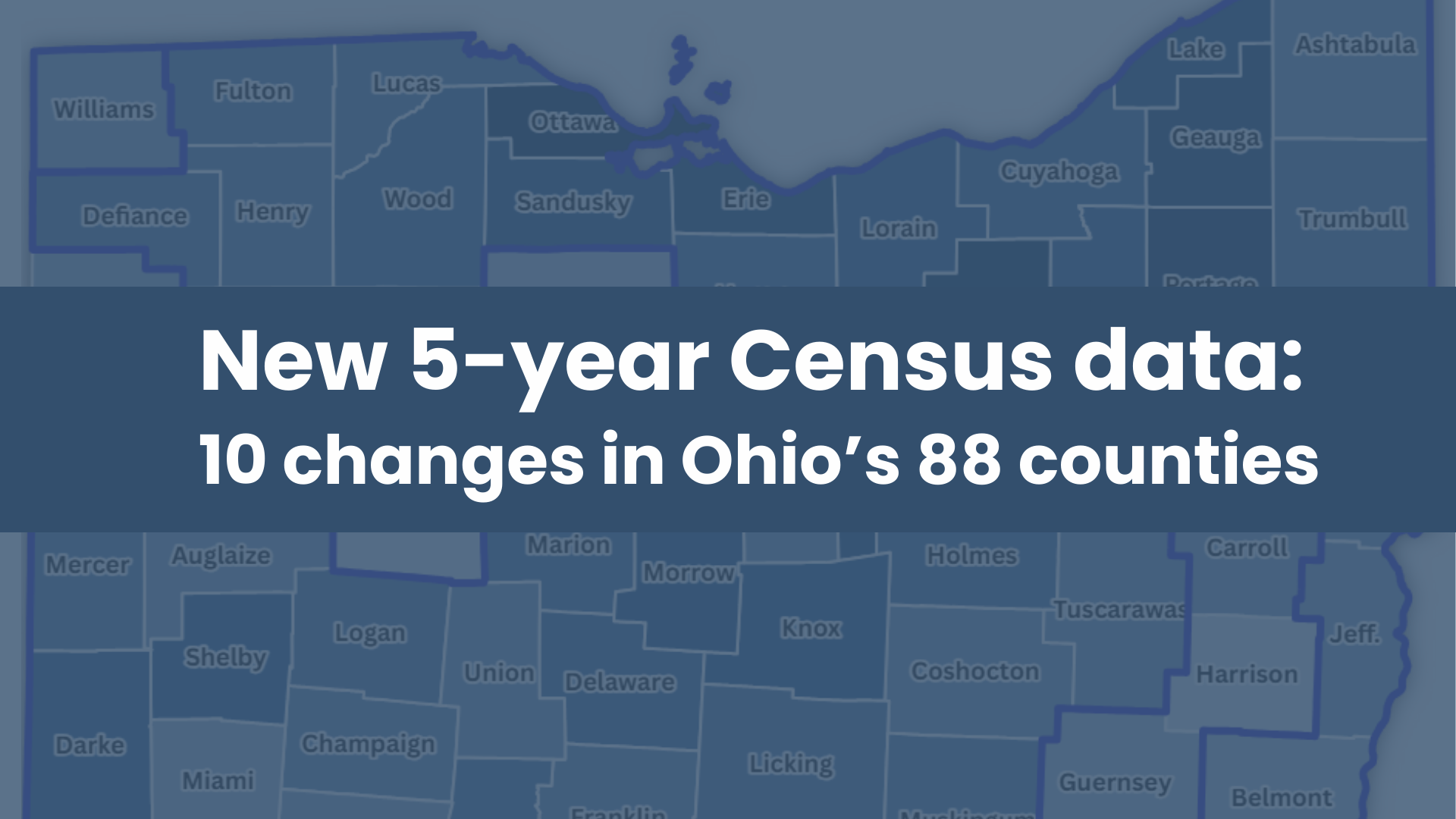May is Maternal Mental Health Month dedicated to acknowledging and addressing the mental and emotional health challenges that birthing parents endure. The month is about reducing stigma and providing resources and support to birthing parents. Maternal mental health (MMH) conditions are being discussed more in our society. In Ohio, mental health conditions are a leading cause of pregnancy-related deaths and include overdoses related to depressive and substance use disorders. To further promote awareness, we will explore the 2025 Maternal Mental Health State Report Cards and recap the Ohio Perinatal Mental Health Advocacy Day.
In new maternal mental health state report cards, Ohio has made slight improvement
Earlier this month, the Policy Center on Maternal Mental Health released its 2025 Maternal Mental Health State Report Cards. The state report cards present a comprehensive view of the status of MMH in the US. The report cards evaluate states based on three domains:
- Providers and programs
- Screening and screening reimbursement
- Insurance coverage and treatment
Unfortunately, the US received a national grade of C-. Compared to last year, Ohio’s grade improved slightly, from a C- to a C.
This is a minor improvement while the 2025 national grade is C-. Nineteen states earned Ds and Fs, 5 states obtained Bs (from B- to B+), and no states received an A grade. Ohio improved on meeting an indicator called “ratio of MMH prescribers to the perinatal population (1 per 5,000 births)” under providers and programs domain. The report has two new indicators within the insurance coverage and treatment payment domain. Ohio met a new indicator called “state provides enhanced Medicaid reimbursement or state investment in group prenatal care.” However, Ohio did not achieve an indicator called “Medicaid coverage of group parenting programs.” Ohio still has more work to obtain better grades in the future.
My experience at the Ohio Perinatal Mental Health Advocacy Day in Columbus
One of the ways in which Ohioans are addressing MMH conditions is through advocacy. On May 6, 2025, the Ohio Perinatal Mental Health Task Force hosted their advocacy day at the state capitol. Called the Ohio Perinatal Mental Health Day, advocates from across the state talked with legislators about the importance of perinatal mental health (also known as MMH). I was fortunate to attend this event with our partners. In total, advocates met with almost 80 legislators. Throughout the day, we made some of the following requests to legislators:
- Support for House Concurrent Resolution (HCR) 12, “Recognizing the importance of perinatal mental health.” There was a version of this resolution in the last General Assembly, HCR 16, it passed the House did not pass out of the Senate.
- Raise awareness about perinatal mental health and to reduce stigma
- Protect Medicaid, especially Medicaid expansion
- Prevent the limitation of doula services via Medicaid. There is legislative language in the House version of the state budget limiting Medicaid reimbursement for doulas to only six counties with the highest infant deaths.
- Restore Infant Vitality funding
Throughout the afternoon, I advocated with various partners, including Angela Newman-White from First Year Cleveland, Lashena Hanna-Stallworth from Friendly Inn Settlement and Griffin Tullis from G2G Consulting. We spoke at the offices of Representative Sean Brennan (D-Parma), Senator Kent Smith (D-Euclid), Representative Diane Mullin (R-Hamilton), and Representative Chris Glassburn (D-North Olmstead). In one of the five meetings I attended, I also spoke with Representative Bride Sweeney (D-Westlake).


Overall, most of our interactions with legislators or their aides were positive, as they were receptive and supportive of our requests. Other individuals were unfamiliar about perinatal mental health (used interchangeably with maternal mental health), but were willing to learn more about this issue, which was one of the purposes of the advocacy day. We gave each office handouts about data on perinatal mental health (with policy requests), a small flyer about HCR 12, and The Center for Community Solutions’ Medicaid Fact Sheets based on the counties they serve.
The day ended with a reception in the statehouse, where Tonya Fulwider started the event by explaining the purpose of the Ohio Perinatal Mental Health Task Force and its reach. Their task force is comprised of over 500 members across the state. Representatives Sharon Ray (R-Wadsworth) and Anita Somani (D-Dublin) spoke about HCR 12. In addition, they discussed the importance of prioritizing/addressing MMH issues in Ohio. Trish Wright, an advocate, shared her personal story about perinatal mental health complications. Dr. John Kennedy from the Ohio Department of Mental Health and Addiction Services (OhioMHAS) was the last speaker. He explained how important MMH is in their department. The event was also a time to network with like-minded individuals.



Supporting maternal mental health should be a continuous effort
As Maternal Mental Health Month wraps up, the work to support maternal mental health should not end. MMH conditions not only affect the birthing parent, but their families too. It is imperative to look out for—or even create— opportunities to address MMH. By doing so, we can help birthing parents live better lives and function well in their communities.







